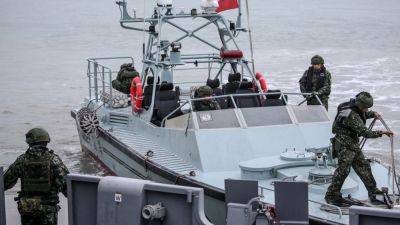What China must learn from Japan’s decades-long debt-deflation slowdown
Chinese officials do not accept that the country has an excess supply problem, even as they acknowledge – in private – that domestic consumption is weak. But excess supply and insufficient demand are two sides of the same coin. Chinese policymakers also seem to think that supply creates its own demand, when it is usually the other way round.
At the core of it, central planners often view the market economy as a machine or a mechanical system that can be precisely engineered or predictably controlled. But the economy is a complex adaptive system rather than a mechanical one.
First, the market economy is complex because it comprises many interconnected parts that interact in ways that are not always visible or apparent to policymakers. This means that a small shock to one part of the system may produce unexpectedly large consequences in another part because of how interconnected everything is – this is sometimes known as the “butterfly effect”. Alternatively, large changes may sometimes not produce the desired results.
Second, the economy is adaptive in the sense that the firms and households that comprise it are constantly anticipating and adjusting to changing conditions. Their expectations and behaviours are adaptive rather than fully rational; they also respond as they see others responding. This mimicry means that rather than correct for errors in individual decisions, the herd mentality amplifies them. Depression-era economist John Maynard Keynes coined the term “animal spirits” to explain how human emotions rather than rational calculations drive investment decisions in volatile times.
Faced with depressed animal spirits in China today, policymakers can ill afford to dither or send mixed signals in their efforts to






